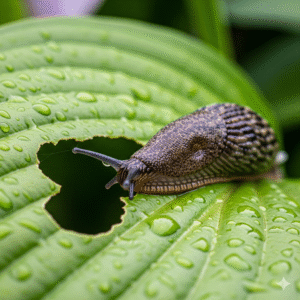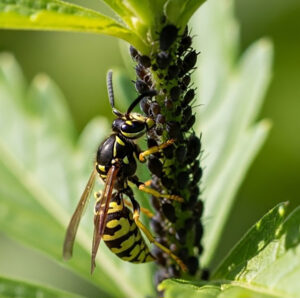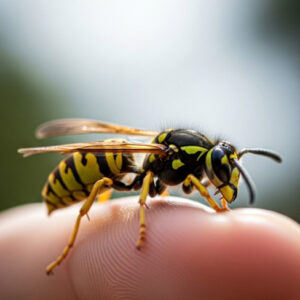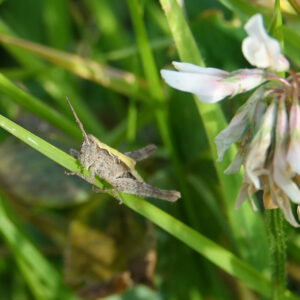Plants, by traditional human standards, may not be considered intelligent beings. However, recent scientific research has started to challenge this perception.
By Our Gardens Matter
While plants lack a central nervous system and brain-like structures, they possess an intricate and ingenious way of reacting to their environment. They use hormones, electrical signals, and sophisticated communication systems. Plants have shown incredible adaptive capabilities and problem-solving skills, including sensing light, gravity, and temperature and adjusting their growth patterns accordingly. These fascinating abilities raise intriguing questions about the true nature of plant intelligence.
One notable example of plant intelligence is its ability to communicate and respond to threats. When a plant is under attack from insects, it releases chemical signals known as Volatile Organic Compounds (VOCs) into the air, informing neighbouring plants of the impending danger. In response to these signals, neighbouring plants will increase their production of toxic compounds to fend off the insects. An example is caterpillar saliva, which causes Maize to release a fragrant chemical, signalling the plant is under attack. Another is the smell of cut grass, which consists of a mixture of molecules called ‘green leaf volatiles’. These are released when cutting the grass, signalling an attack.
This phenomenon, known as plant-plant communication, exhibits levels of intelligence beyond mere instinctive responses. It suggests that plants may possess a form of awareness and the ability to make complex decisions beyond our comprehension.
Furthermore, plants exhibit remarkable memory and learning capabilities. They can recognise and remember specific odours, sounds, and even the touch of certain organisms. Music will not help plants grow, but other audio cues can help plants survive and thrive in their habitats. Research has shown that plants can adjust their behaviour based on past experiences, indicating a form of learning. This ability to retain information and adapt their responses suggests a level of intelligence that extends beyond simple reflexes.
While plants may not possess the conventional traits associated with intelligence, their complex responses to their environment, communication systems, and capability to learn and adapt suggest a form of intelligence unique to their existence. As our understanding of plant biology advances, our perception of plant intelligence may continue to evolve. Further research in this field is crucial for shedding light on the fascinating world of plants and assessing the true extent of their intelligence.





